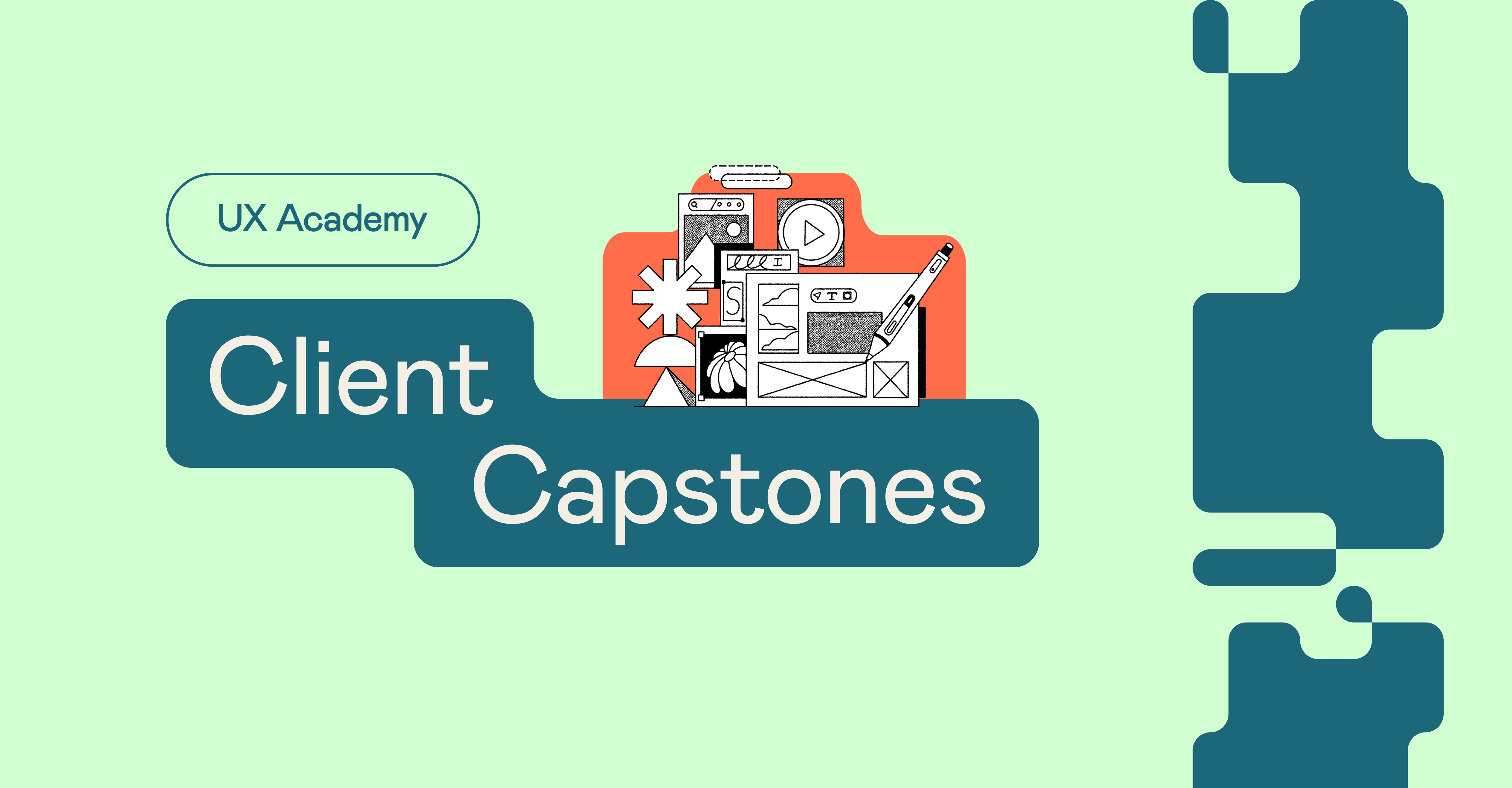If someone asks you to name a tech company, what immediately comes to mind? For many people, it’s Apple, Google, Facebook, or one of a few other global entities that are pioneers of technology and have shaped so much of our world.
But the truth is, you don’t have to work at one of these giant tech companies to have a job in tech. Previously “tech jobs” were roles like Engineers and Developers—but now there is an entire industry of tech professionals who’ve never actually touched a line of code, one of them being UX designers.
If you’re an aspiring UX designer, you might be wondering “how do I land a job in tech?” Here we aim to answer that question, while also inspiring you to see the possibilities beyond your traditional definition of what being in tech actually means.
Tech is Everywhere
As a UX designer, your primary goal is to improve the interaction between users and products/services. That being said, any company offering a product or service should have UX designers as part of the team! Even small startups and entrepreneurs consult with UX designers to validate their offering. There are a myriad of UX design jobs and gigs to go around in a huge variety of industries—so don’t limit yourself to thinking that “tech” only exists in Silicon Valley.
If you’re an aspiring UX designer, consider thinking outside the tech bubble and exploring a career in one of these industries...
Education
Even before the pandemic, educators were moving towards a hybrid learning model that includes online coursework, virtual testing, and more engaging and technologically advanced ways to involve teachers and students. The world of EdTech could be interesting as a UX designer if you have a background in teaching, content, research, or even learning in a virtual environment (like in UX Academy!)
Nowadays EdTech startups are plentiful, and this category also includes textbook publishers, examination boards, colleges and school districts, and education policy companies. While some of them might work with outside agencies or consultancies for their design and product needs, there are plenty who are hiring for their in-house UX/UI and product teams.
Finance
UX design opportunities in the finance industry can cover everything from banking and credit cards, to cryptocurrency and online trading. Every financial institution needs an online presence, and most have teams of UX designers dedicated to both the customer and employee experiences.
There can be a steep learning curve for UX designers jumping into a job related to finance, due to technical terminology and lots of regulation, so if you have a background in this industry, you might have an advantage over other applicants.
What’s particularly interesting is that you could end up working on anything from websites and apps, to incorporating voice and facial recognition solutions into existing or new products.
Healthcare
Healthcare is a huge field for UX designers encompassing hospitals, health insurance, mental health, pharmaceuticals, policy, fitness and wellness. If you have a background in healthcare, you could use your new UX design skills to your advantage in this industry.
A career here could involve being part of a large team which is redesigning the patient sign-up experience for an insurance company, or a small start-up dedicated to tracking sleep cycles and productivity. For many people, a career in healthcare is a way to help improve the lives of others, and working in the field as a UX designer is just a more technical way to approach that calling.
E-commerce
E-commerce sales grew over 30% in 2020, according to a recent US Department of Commerce release. Even though experts aren’t sure if that level will continue as things open back up, improving the online purchase experience will continue to help companies remain competitive. These days any business arguably needs a website and a way to purchase goods or services online, and many have in-house UX designers dedicated to their digital presence.
Companies like Amazon, eBay, and Alibaba dominate this space, but small businesses like salons, auto parts manufacturers, restaurants, book sellers, and more also hire UX designers to improve their e-commerce solutions. Consider what your hobbies and interests are and go from there when looking for an e-commerce gig.
Entertainment
The entertainment industry is a category of businesses that exist to provide people with something interesting to do or watch. During the pandemic, many entertainment staples, like dance performances, theatre productions, and live music events had to pivot to figure out how they might bring their offerings into the digital space.
Even with a return to in-person options, investment and hiring will continue in this category. While you may think of a company like Disney in terms of theme parks or blockbuster movies, a quick LinkedIn search reveals that they have over 1,000 employees working for their streaming services departments, as well as hundreds of people dedicated to digital design endeavors, including UX.
Agencies
One often overlooked area where UX design jobs are plentiful is creative agencies or consultancies. Digital agencies are hired by companies to create websites, apps, and other experiences to promote all types of products and services.
Agencies and consultancies often have multiple clients in different fields, and work on a specific project before moving on to something else. Their creative teams can also be larger and more diverse, with specific roles for motion design, branding, copywriting, art direction, and more.
As you move forward with your career as a UX designer, keep in mind that you can still have a career in tech without working for a traditional and well-known “tech” company. The options are endless, and there are many industries that could benefit from hiring those with UX design skills.
If you’re interested in working as a UX designer in any industry, we recommend exploring our career-changing UX Academy program.



.svg)














